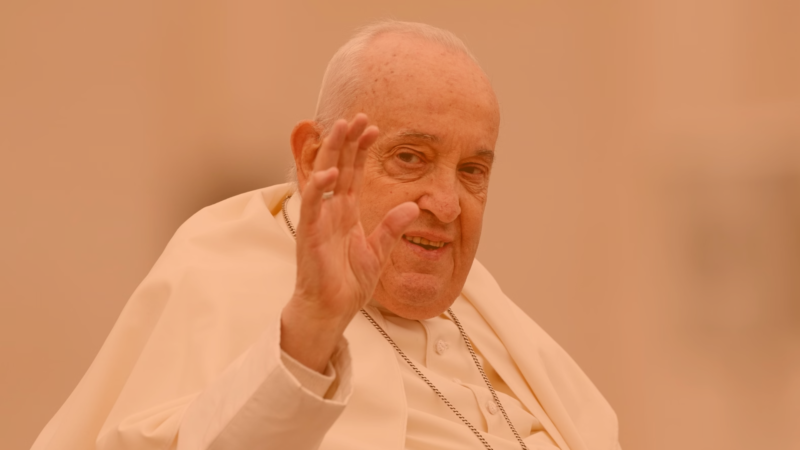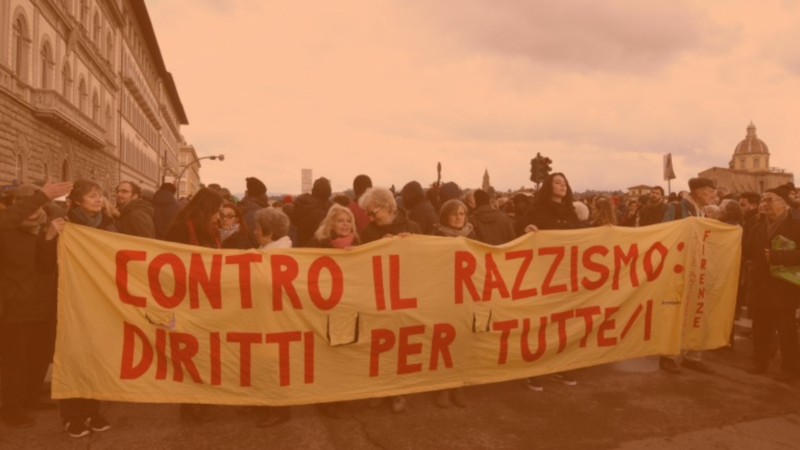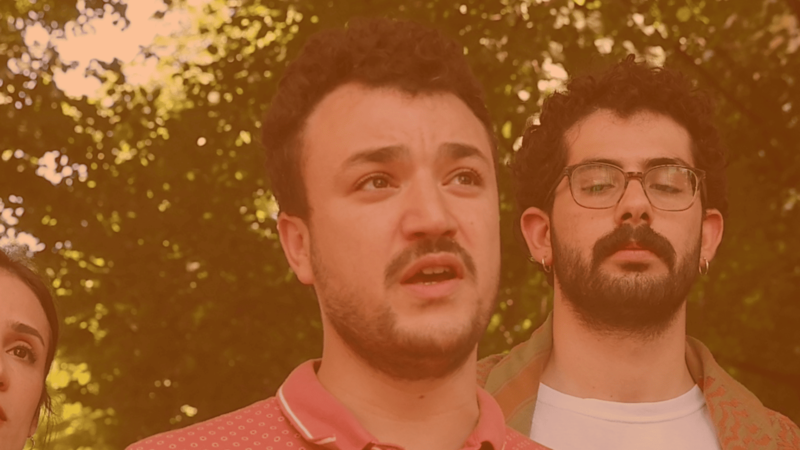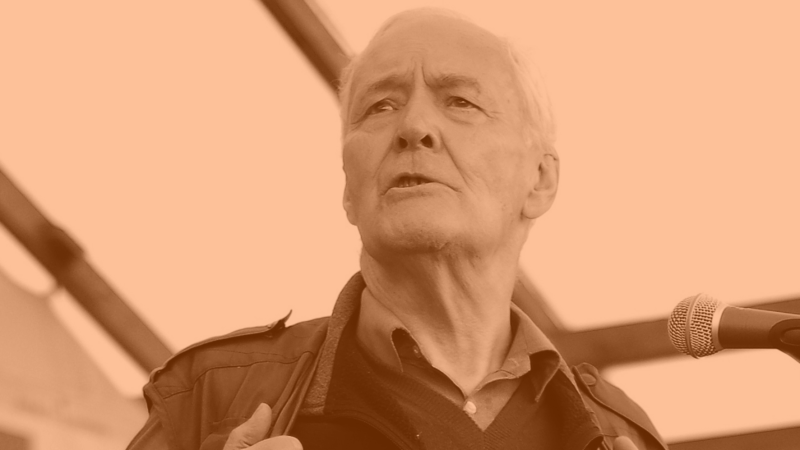One of the goals in DiEM25’s Progressive Agenda for Europe is to initiate a constituent process – to imagine a democratic pan-European constitution and the process that may lead to it. It’s a long enterprise, but we’re already making good progress and the conversation is well underway amongst our members across Europe.
This is part 2 of London DSC member Sam Hufton’s thoughts on such a constituent process as a means to contribute to our conversation. In this paper, Sam looks at how the European idea can be saved. (Here’s part 1 on why Europe’s existing treaties are failing its citizens)
On the Transnational
Having determined that the treaties and accompanying international paradigm are failing Europe and depriving it of democracy, a new one must be constructed with democracy at its core. This is necessary to save the European idea, which is radical and revolutionary in spirit, but has been led towards reinforcing established power and not undermining it.
To recover the idea, then, and turn it into reality, we must examine the roots of the idea of unification and the antecedents of our Union in history – specifically, Spinelli and Rossi’s Ventotene Manifesto, the last product of the revolutionary tradition of thought on unification. It is from this foundation that we can build a ‘Transnational’ interpretation of the idea, which will serve as the basis of a second Reformation of Europe.
This reformation, like the first, will challenge old articles of faith and knock away redundant pillars, but not seek to throw everything out; the fundamental idea will remain, but will be reborn. Once this has been achieved, we can turn to the construction of a new political community which gives these ideas life and substance, and acts as an example for the rest of the world as the European Project always intended; the Union of European Nations as a civic-state.
Read the full piece here.
Sam Hufton is a student at King’s College London and member of DiEM25 since Feb 2016, involved in the London DSC. Alongside his studies, he writes a blog on European politics and history: Evropaïki Dimokratía.
Do you want to be informed of DiEM25's actions? Sign up here















